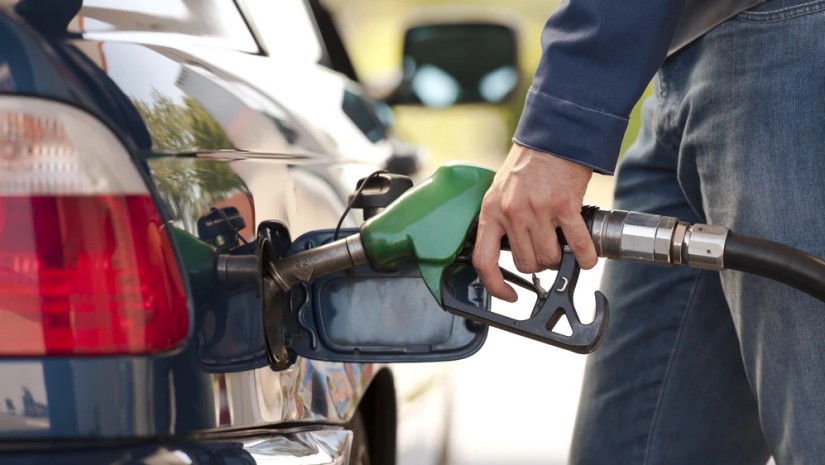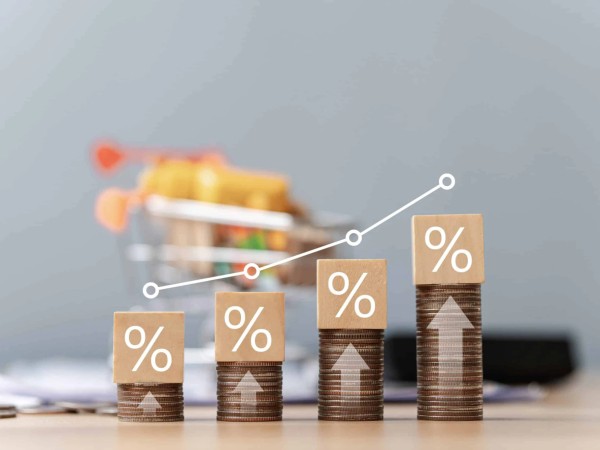Tbilisi (GBC) - The Georgian Competition and Consumer Agency (GCCA) has released an interim report on the monitoring of the petrol and diesel market.
According to the Agency’s assessment, for the period covering January through September 2025, fluctuations in retail fuel prices both upward and downward, were consistent with global market developments and reflected the actual cost of imported fuel, taking into account existing company reserves and the exchange rate of the Georgian Lari.
In January 2025, an increase in retail fuel prices was observed for both petrol and diesel. For major market participants, the price increase ranged between 3-10 tetri, while for smaller retail networks, the increase ranged between 10-20 tetri.
From the second half of March 2025, retail fuel prices began to decline. Overall, for large companies, the retail price of regular-type petrol decreased by 26-28 tetri, premium-type petrol by 17-26 tetri, and diesel by 18-29 tetri. In smaller networks, price adjustments both increases and decreases were implemented more promptly compared to larger companies .
Since June 2025, retail prices among large companies have increased by an average of 15-20 tetri. In smaller retail networks, a comparatively higher increase up to 25 tetri was recorded, particularly in diesel prices.
The reduction in retail fuel prices during the first half of 2025 was primarily driven by the decline in crude oil prices and, consequently, lower Platts quotations. Notably, in early May 2025, the price of crude oil dropped to USD 56 per barrel, the lowest level recorded since 2021. Following this period, crude oil prices began to rise again, leading to an increase in the cost of imported fuel, which was subsequently reflected in retail prices.
The level of fuel reserves maintained by major companies, together with logistical processes, represents one of the key factors contributing to the delayed reflection of international market trends in domestic retail prices-both in cases of price increases and decreases. Conversely, smaller networks tend to respond more flexibly to such fluctuations due to the relatively lower volume of reserves, resulting in faster price adjustments.
In 2025, the dynamics of retail auto fuel prices in Georgia have been broadly aligned with trends observed in major European supplier countries, including Romania and Bulgaria, when adjusted for the exchange rate of the Georgian Lari .
The Agency continues to systematically monitor the actual volume and cost of fuel imported by companies within the framework of its ongoing market supervision activities.





















